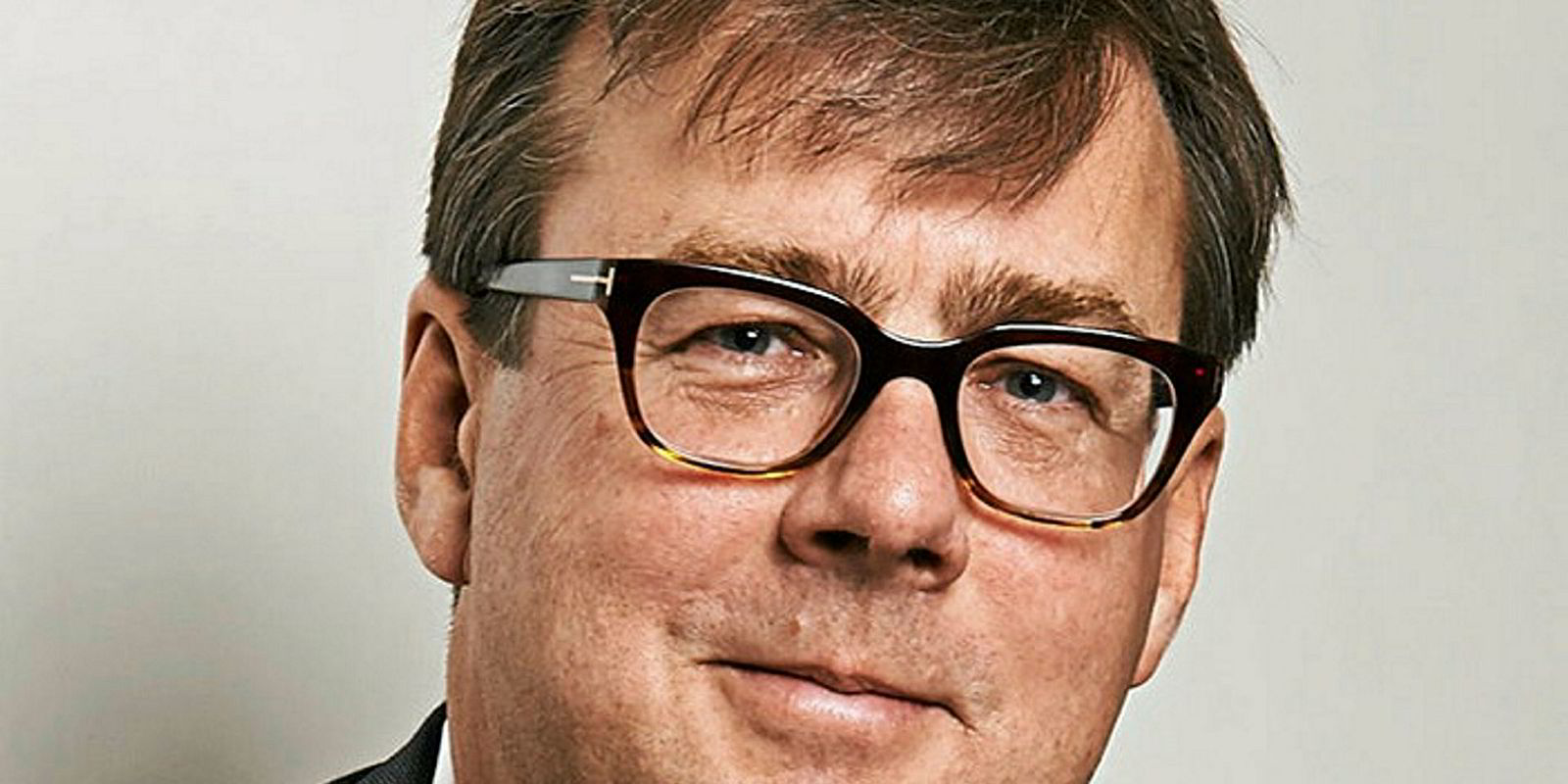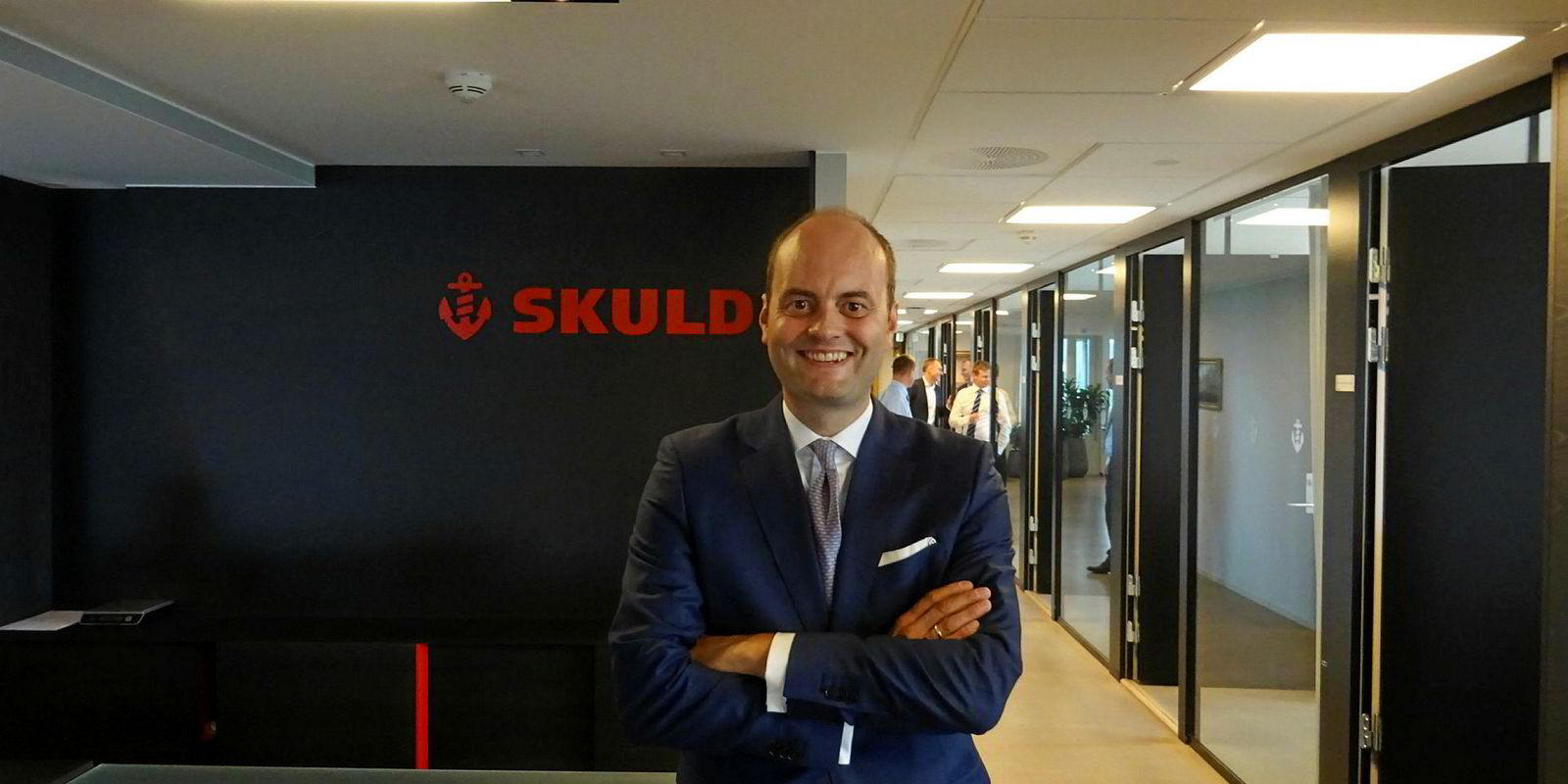The problems of Skuld and Standard Club manager Charles Taylor in the Lloyd’s of London market over the past few years has raised questions over whether moves by protection and indemnity clubs to broaden the areas of cover can benefit or damage the position of the mutuals.
Following continued losses, the Standard Club put its Lloyd’s syndicate into run off last year amid enhanced scrutiny of the financial performance of syndicates by the Lloyd’s management.
Skuld was allowed to carry on in the hull and machinery, as well as energy markets, after its business plan was approved by Lloyd's management. But it has had to scale down the business and has also had to contend with heavy losses.
Overall, the original business plan of the two P&I clubs to bring dedicated marine expertise and members' business to the Lloyd’s hull market struggled to get off the ground in a period of sustained soft rates.
Earlier in the year, Skuld boss Stale Hansen told TradeWinds he only regretted the timing of the move into Lloyd's and, while its syndicate had rung up losses, it had also benefited the P&I mutual by providing synergies.
Contrary to the experience of Skuld and the Standard Club, Scandinavian clubs Gard and the Swedish Club are often held up as examples of P&I mutuals successfully operating in the hull and machinery market, even through a period of prolonged soft rates.
Profitable Gard
Gard has turned a profit for the past 10 years from Gard Marine and Energy. As a wholly owned subsidiary of the P&I mutual, it earned around $229m in hull cover premium last year and achieved a combined ratio of 88%, with profits handed over to the mutual.
Gard chief executive Rolf Thore Roppestad puts the performance down to disciplined underwriting and a lower cost base created by merging P&I and hull underwriting and claims-handling activities.
“It’s encouraging to see we are getting better results than others in the market in hull," he says. "It’s down to a number of things. You have to have a quality portfolio both on P&I and hull. We have lower claims than the market — that of course helps.
“Then we have a good selection process. I think we are good at setting the right premium for each individual account, and I think we have good claims people particularly on the large claims."

Roppestad says it is a big advantage to have both P&I and hull when handling a claim.
"We are able to find better solutions when we are handling the claim than if we are stand alone," Roppestad says. "We have a joint claims team and underwriters, and that reduces the overall costs compared to our monocline competitors on the hull side.”
Roppestad can also quote a number of cases where, by handling claims from both the hull and P&I sides, the reaction has been quicker, salvage has been more effective and costs have been saved.
Around half of Gard’s P&I members are using its hull facility.
It’s encouraging to see we are getting better results than others in the market in hull. It’s down to a number of things. You have to have a quality portfolio both on P&I and hull. We have lower claims than the market — that of course helps
Rolf Thore Roppestad, chief executive of Gard
The American Club took the decision to go into the hull market in 2015 through American Hellenic Hull, a joint venture with Hellenic Hull Management. Its latest financial figures to the end of 2017 show it has surpassed its original business plan, with 2,275 vessels on its books generating $14.6m in gross premium and a $3.7m underwriting profit.
After a difficult start, American Hellenic Hull has also improved its combined ratio from 215% at the end of 2016 to 113% at the end of 2017, but reported a pre-tax loss of $2.9m.
Optimism at American Club
American Club chief executive Joe Hughes is optimistic that the market is turning in the American Hellenic Hull’s favour and that it can both earn synergies with the P&I side and improve profits to benefit the mutual.
“American Hellenic Hull has enjoyed steady growth over its first 30 months of operation, and rising levels of profitability,” he says. “It is expected that 2019 will bring greater pricing power in the hull sector as underperforming capacity continues its retreat from the market. Against this background, American Hellenic Hull is forecast to generate robust underwriting returns in 2019 and beyond.”
Hughes explains that there are intrinsic advantages to having a financial commitment to both fixed premium P&I and hull sectors.
“American Club continues to benefit from the substantial cross-selling opportunities provided by these investments,” Hughes says. “These opportunities have over recent years come to profitable fruition in several cases, and continue to hold great promise for the future.”





